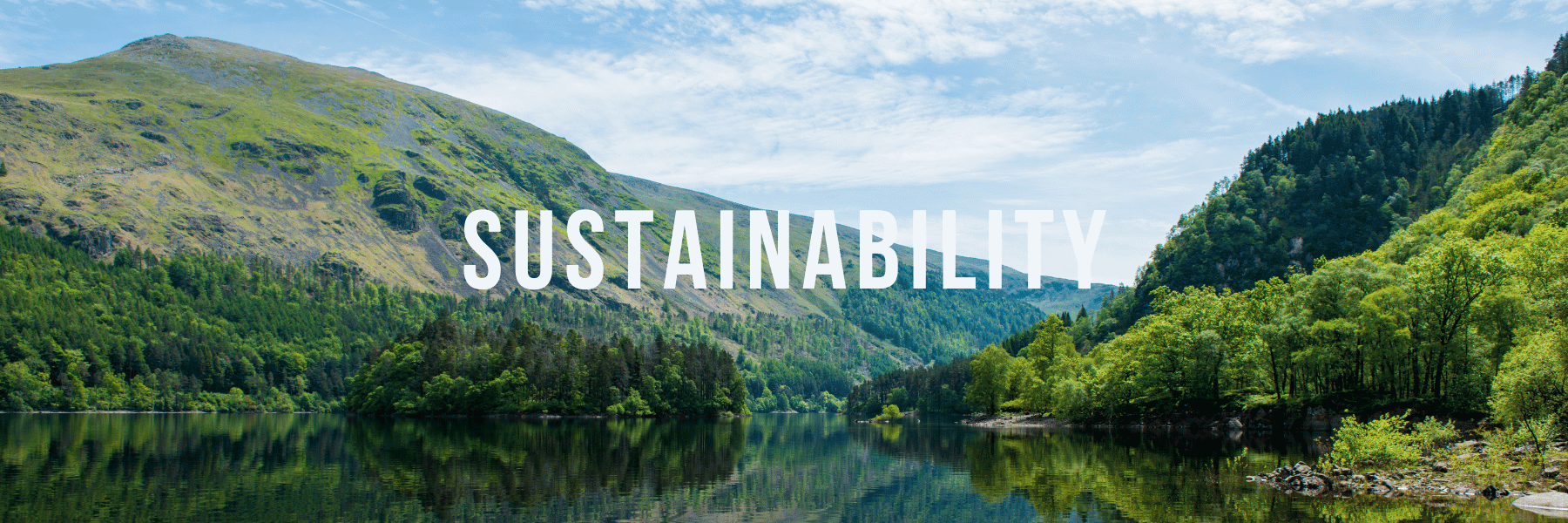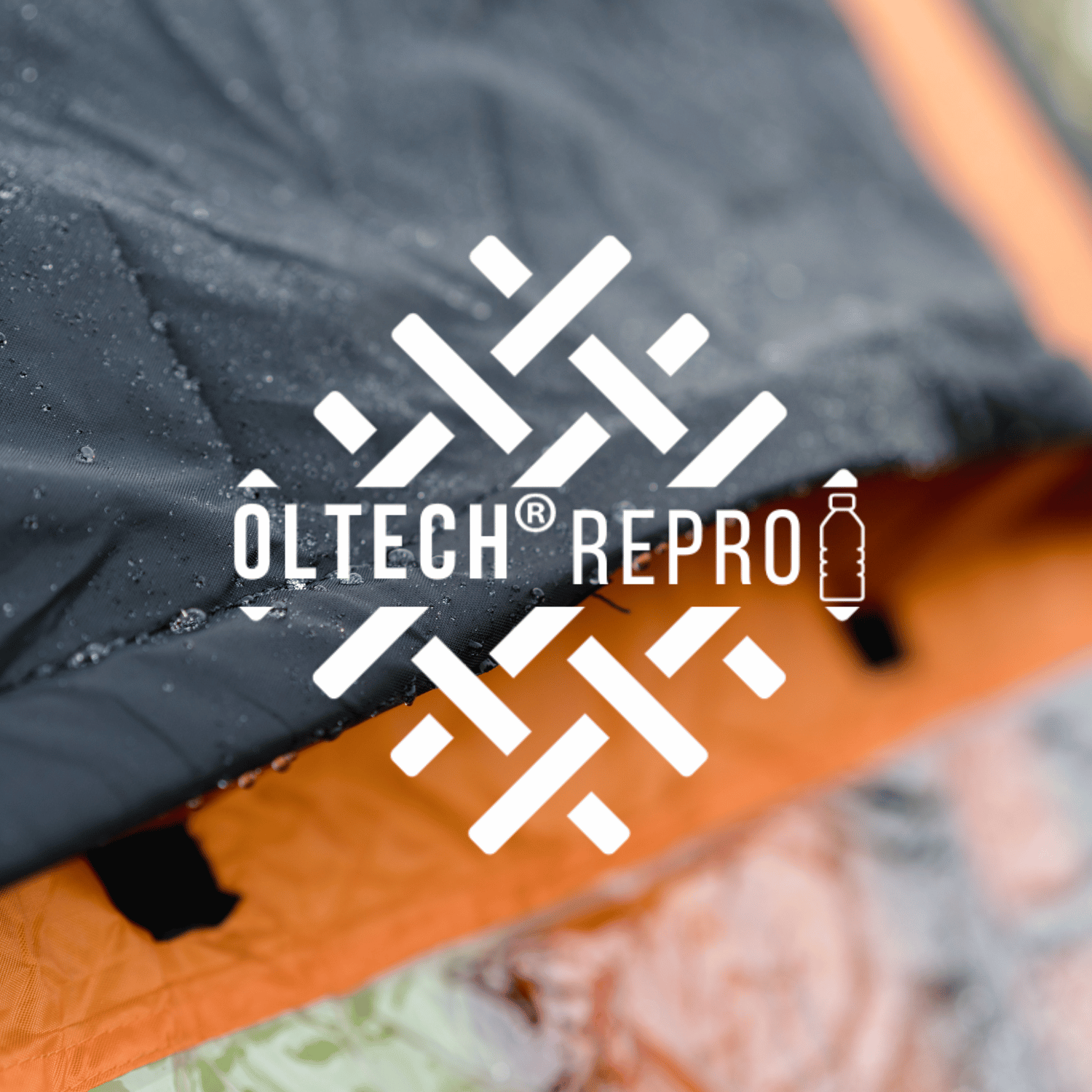
Sustainability is very important to us here at OLPRO. In fact it's so important to us that we've publicly set out our ambition to become a carbon-neutral company. We're not only doing this for the benefit of our customers around the world, but we're also doing this because we know that all businesses have a responsiblity for the sustainability of our environment for generations to come.
We're always making changes to our supply chain to improve how we operate as a business. From 2024, we're making all of our tent and awning canvas from OLTECH REPRO - Our eco-fabric that utilises single use plastic bottles which usually find their way into landfill, or into our waterways.




In recent years, there has been a lot of justified pressure around the tent industry for it's throw-away culture, festival fly-tippers and lack of sustainable innovation. As a brand, we've always looked at ways we can support a circular economy and reduce the amount of waste that ends up in landfill. From this we've created the following initiatives which have the sole aim of reducing our impact on planet Earth.
Our Pre-Loved programme is designed to refresh our returned products with some TLC before finding their next adventure.
We're working hard to make inroads into the industry and reduce, reuse and resell as much as possible to create better product, better footprint and better community.


 Euro
Euro
 Swedish Krona
Swedish Krona
 Danish Krone
Danish Krone
 Norwegian Krone
Norwegian Krone




